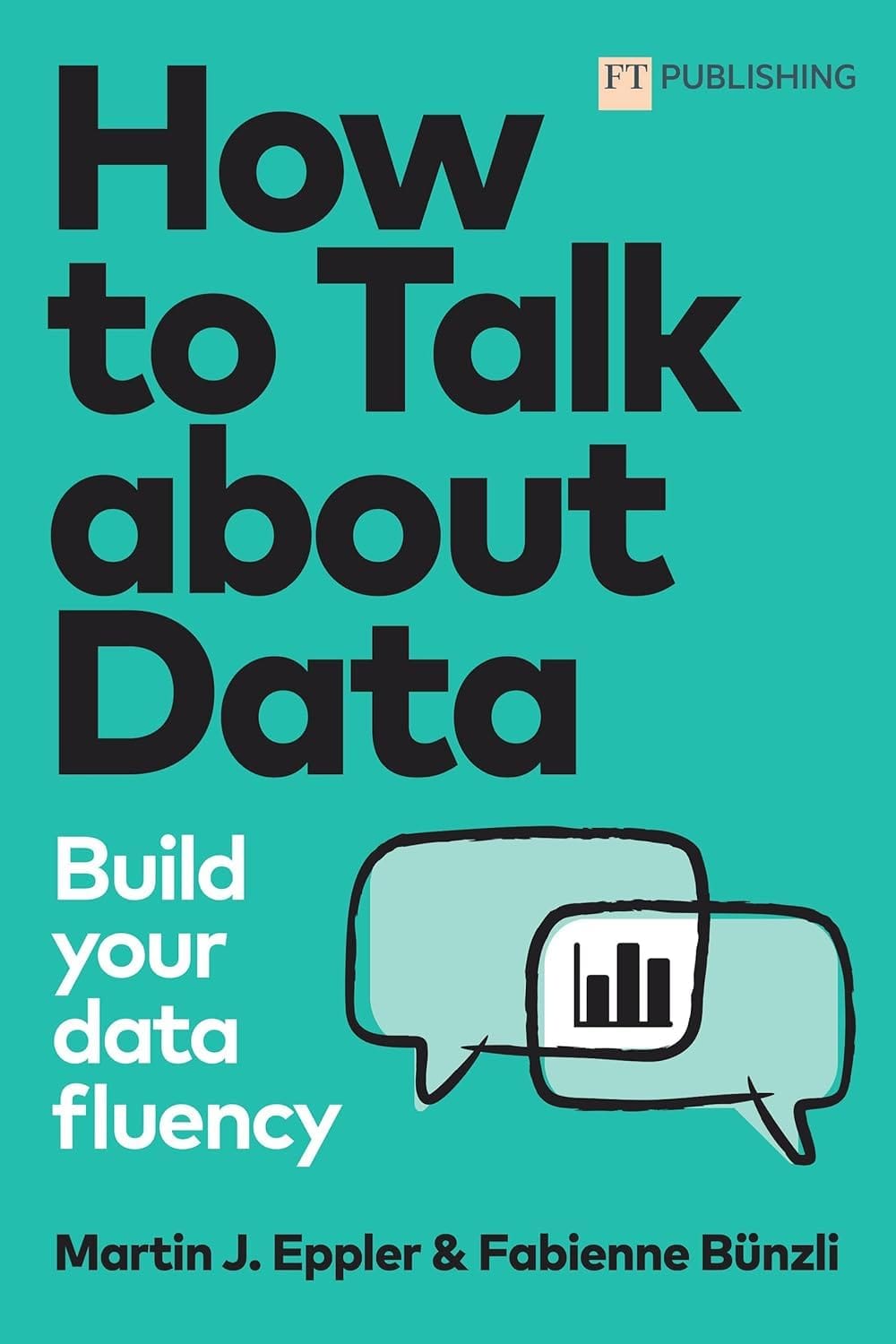How to Talk About Data
Conversations around data are important and they can be difficult. Here is a book full of advice.

We live in age full of data. All of our devices spy on us and collect data. All of interactions are recorded and tracked by mysterious data brokers. Every business talks about how they are making data-driven decisions. However many people are not very data-literate and even those of us who are data-literate have to interact with those who aren't. This book is for both groups of people.
Conversations
It's all about conversations. As engineers we have to present data to others who may not have much data-literacy. We have to help them interpret the data so they can make better decisions. Each chapter of the book centers around a particular fictional conversation about data. I found the conversations very interesting.
Common Issues
The book starts by discussing common issues people have with understanding data. Some of these are probably familiar: confusing correlation and causation, using the wrong measure of centrality, and/or not understanding the effects of outliers, understanding the effects of sample size and experiment design, accounting for all the various biases.
Communicating Data
The second half of the book is how to communicate with data. It talks about things like avoiding jargon, telling a story, organizing your thoughts using a data storyboard. It also talks about what types of graphics and charts to use - a lot of overlap with Clarity and Impact here. I think that book is actually better on this subject. Overall it has some good recommendations.
Overall Recommendation
It's a book worth reading and it felt underwhelming. Much of it felt like a basic review of statistics, particularly the first half of the book. The second half was much more interesting to me. The book was well-organized. The fictional conversations in each chapter were interesting. The key takeaways and traps at the end of each chapter were also very useful. Overall it was a useful book that I may refer to again and it wasn't earth-shattering.
Related things worth looking at are: